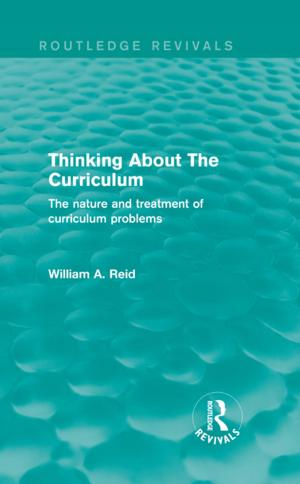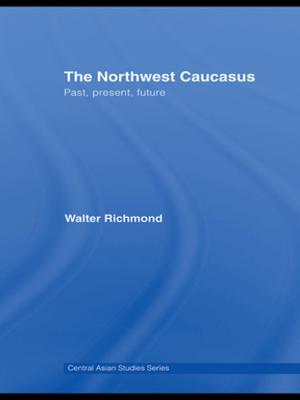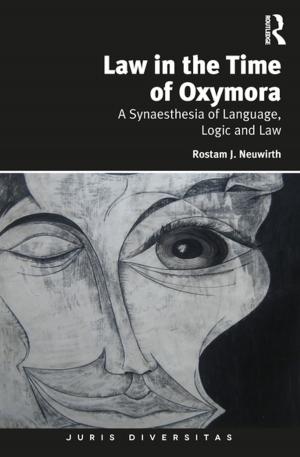The Routledge Companion to Museum Ethics
Redefining Ethics for the Twenty-First Century Museum
Nonfiction, Social & Cultural Studies, Social Science, Archaeology, Anthropology| Author: | ISBN: | 9781136715266 | |
| Publisher: | Taylor and Francis | Publication: | May 23, 2012 |
| Imprint: | Routledge | Language: | English |
| Author: | |
| ISBN: | 9781136715266 |
| Publisher: | Taylor and Francis |
| Publication: | May 23, 2012 |
| Imprint: | Routledge |
| Language: | English |
Routledge Companion to Museum Ethics is a theoretically informed reconceptualization of museum ethics discourse as a dynamic social practice central to the project of creating change in the museum. Through twenty-seven chapters by an international and interdisciplinary group of academics and practitioners it explores contemporary museum ethics as an opportunity for growth, rather than a burden of compliance. The volume represents diverse strands in museum activity from exhibitions to marketing, as ethics is embedded in all areas of the museum sector. What the contributions share is an understanding of the contingent nature of museum ethics in the twenty-first century—its relations with complex economic, social, political and technological forces and its fluid ever-shifting sensibility.
The volume examines contemporary museum ethics through the prism of those disciplines and methods that have shaped it most. It argues for a museum ethics discourse defined by social responsibility, radical transparency and shared guardianship of heritage. And it demonstrates the moral agency of museums: the concept that museum ethics is more than the personal and professional ethics of individuals and concerns the capacity of institutions to generate self-reflective and activist practice.
Routledge Companion to Museum Ethics is a theoretically informed reconceptualization of museum ethics discourse as a dynamic social practice central to the project of creating change in the museum. Through twenty-seven chapters by an international and interdisciplinary group of academics and practitioners it explores contemporary museum ethics as an opportunity for growth, rather than a burden of compliance. The volume represents diverse strands in museum activity from exhibitions to marketing, as ethics is embedded in all areas of the museum sector. What the contributions share is an understanding of the contingent nature of museum ethics in the twenty-first century—its relations with complex economic, social, political and technological forces and its fluid ever-shifting sensibility.
The volume examines contemporary museum ethics through the prism of those disciplines and methods that have shaped it most. It argues for a museum ethics discourse defined by social responsibility, radical transparency and shared guardianship of heritage. And it demonstrates the moral agency of museums: the concept that museum ethics is more than the personal and professional ethics of individuals and concerns the capacity of institutions to generate self-reflective and activist practice.















